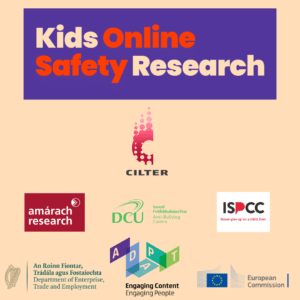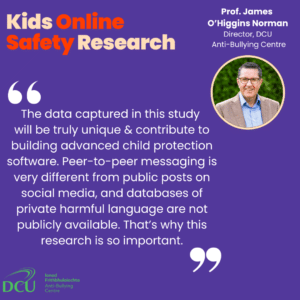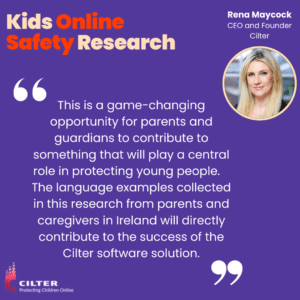Antibullying researchers and trainers are delighted to announce their latest 6-week training course for people with disabilities.
In this course, learners will be able to:
- Identify the types of bullying and understand their right to be safe and not to be bullied;
- Familiarize the CRPD legislation and other Irish laws that tell all disability support services;
- Promote and safeguard disabled people from being being bullied both inside and outside of support services.
More information about this course and how to book a place, contact Geraldine Kiernan on 01 884 2012 or email: geraldine.kiernan@dcu.ie.


